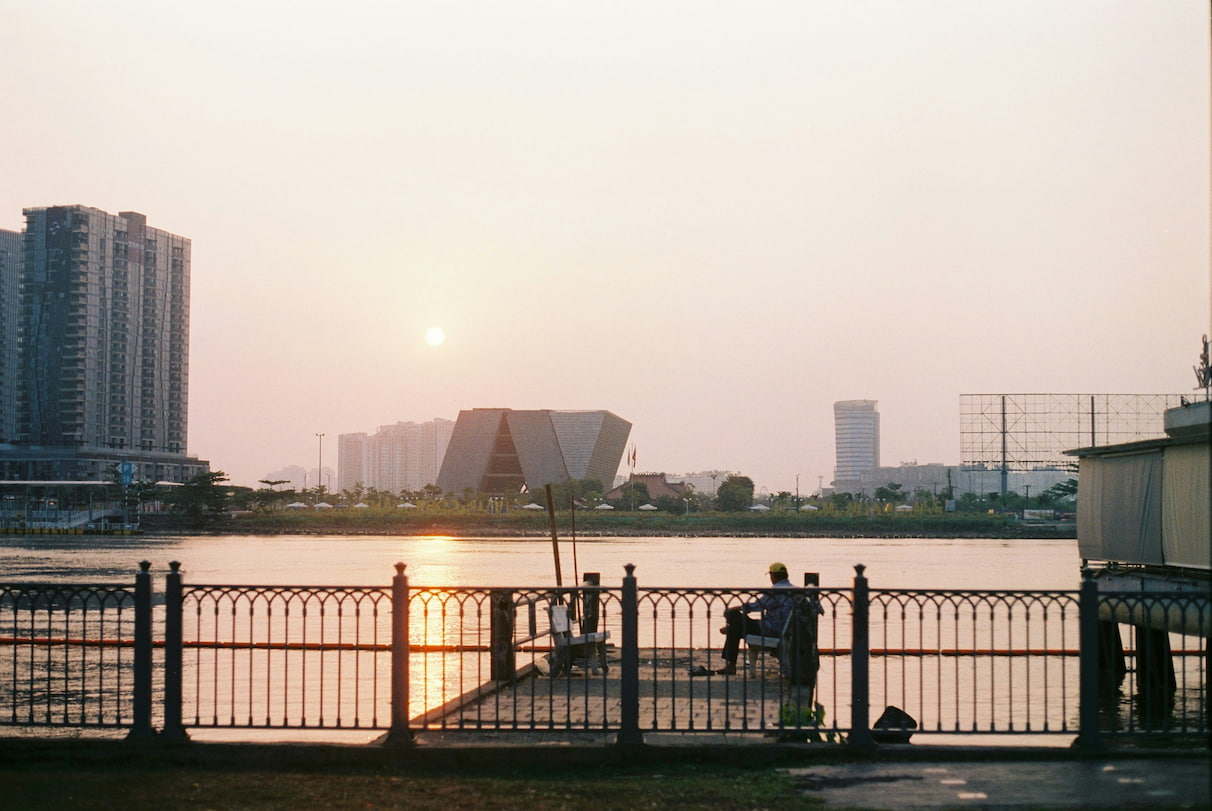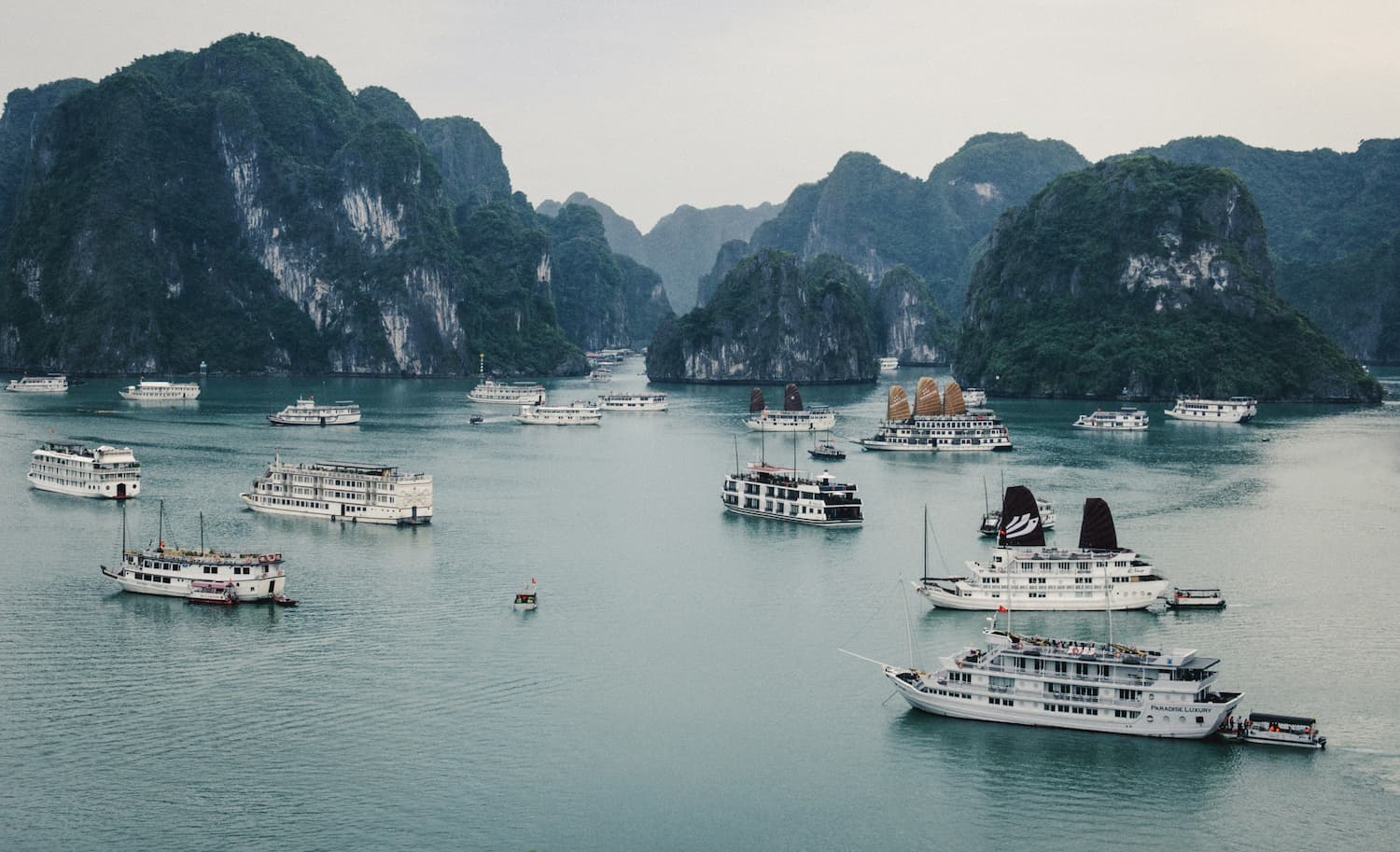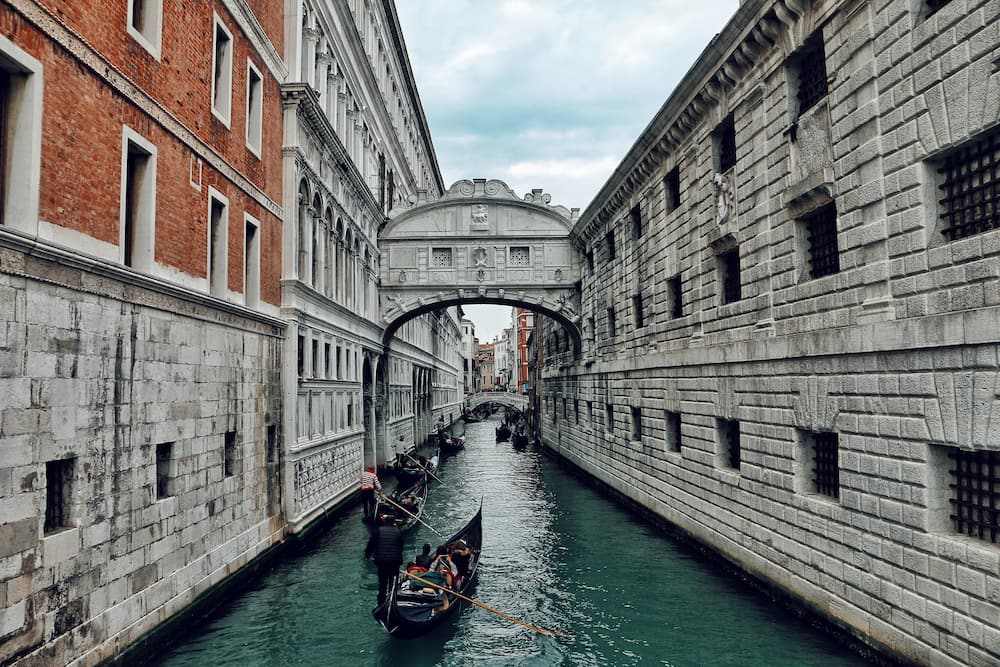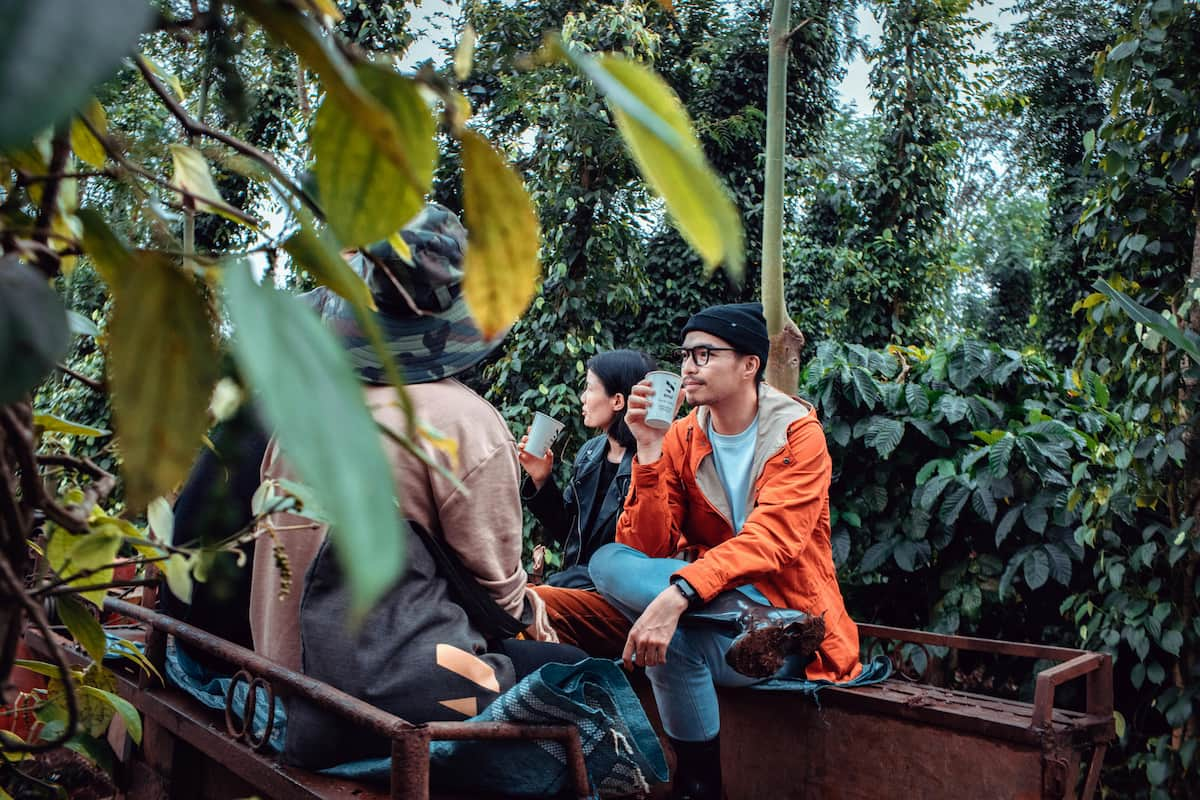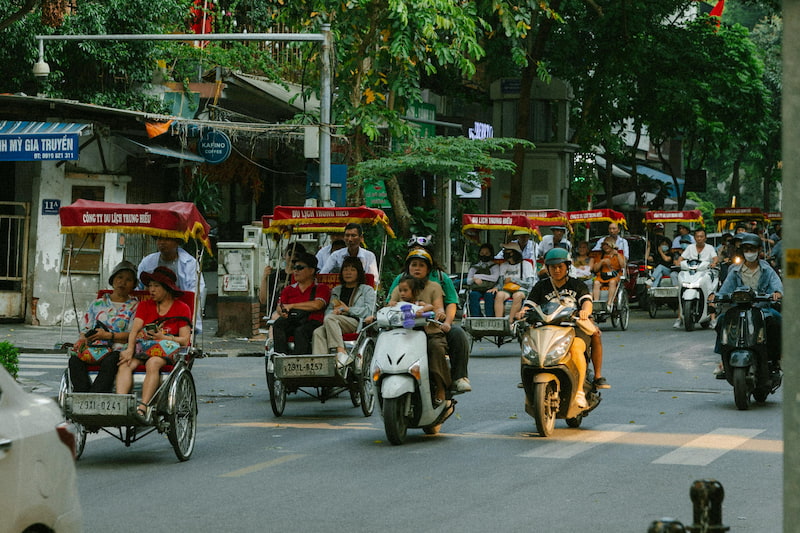Dr Ong also introduced a variety of options tailored to different audiences.
For adventure seekers, water sports such as kayaking, canoeing, paddleboarding, jet skiing, and water skiing in scenic locations like Ha Long Bay and the Mekong Delta are attractive options.
For food-lovers, culinary tours could include gastronomic cruises with Vietnamese cuisine, cooking classes, and food tastings, along with visits to riverside eateries and markets. Floating restaurants could provide unique dining experiences on the water.
Festivals and events, including traditional boat races, lantern festivals, and music performances, could create a festive atmosphere that draws domestic tourists. In addition, themed cruises for holidays like Tet and National Day could add excitement and appeal.
Lastly, wellness cruises focusing on relaxation with spa treatments, yoga sessions, and meditation could cater to those seeking tranquillity and rejuvenation.
Bringing international cruise tourists onboard
According to the World Tourism Organisation, cruise tourism generates 40 per cent more revenue than tourism by air or road.
Dr Justin Matthew Pang, RMIT Associate Program Manager of the Tourism and Hospitality Management program highlighted that Vietnam should market to more Asian countries such as Korea, Singapore, Japan, and India for cruise tourism. 70 percent of international visitors to Vietnam in 2022 came from Asia and many of tourists from those countries are known to be avid cruise travellers.
It is crucial for Vietnam to improve the training of its service staff to better manage operations at ports and on cruise liners. This would range from embarkation, food and beverage management, recreational skills and rooms operations.
He explained: “Persuasive staff might influence passengers to dine in a luxury restaurant on board the ship, instead of eating at the main all-inclusive dining hall which is part of their package. Revenues can also be derived from paid activities, be it on the ship or from land tours.
“This is the result of the hard work and persuasiveness of recreational sales staff on board the ship, hence the need for staff to be linguistically adaptable and versatile”.

